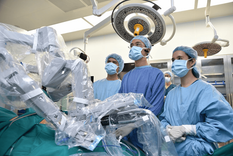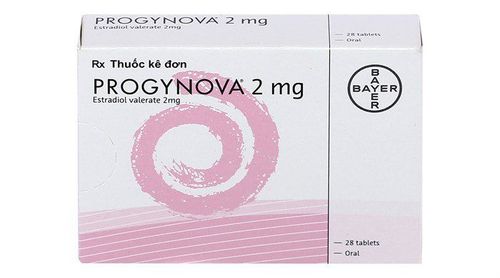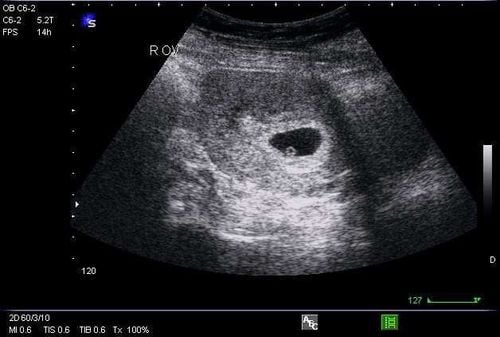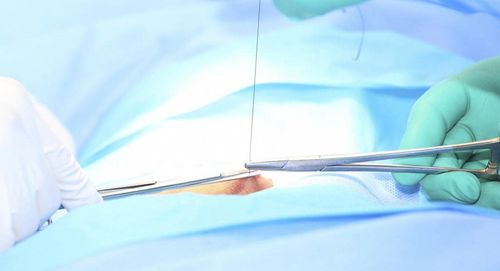1. Sperm Production Process
Sperm is produced in the seminiferous tubules and stored in the epididymis and vas deferens. The process of sperm production, known as spermatogenesis, involves complex morphological changes and is regulated by the hypothalamic-pituitary axis. During ejaculation, sperm mixes with seminal fluid to form semen, which is then deposited into the vagina.
To ensure that your sperm is healthy and viable for fertilization, it’s advisable to undergo a semen analysis. In 2010, the World Health Organization (WHO) established minimum reference values for normal semen quality:
- Liquefaction time: At the time of ejaculation, the semen contains jelly-like clumps. Semen should liquefy (becomes liquid) within 30 minutes after ejaculation. If it doesn’t liquefy within 60 minutes, it may indicate an abnormality.
- Semen pH: normally ≥ 7.2
- Semen volume: At least 1.5 ml per ejaculation.
- Total sperm count: ≥ 39 million per ejaculation.
- Sperm concentration: At least 15 million sperm per ml.
- Motility: At least 40% of sperm must show movement, or 32% must move progressively forward.
- Normal morphology: At least 4% of sperm should have normal shapes.
- Viability: At least 58% of sperm should be alive.
- Other cells: Presence of ≤ 1 million round cells per ml. A higher concentration may indicate an infection in the reproductive organs.

2. Can Intercourse Twice in a Row Lead to Pregnancy?
Pregnancy does not occur after every act of intercourse—it depends significantly on the number of sperm released during ejaculation and whether the sperm meets an egg for fertilization.
Sperm can remain viable within the female reproductive tract for 2 to 3 days, while a woman’s egg is only capable of being fertilized for a brief period of 6 to 24 hours after ovulation. Consequently, the likelihood of pregnancy is largely determined by whether sexual intercourse occurs during the ovulation window, when the egg and sperm have the opportunity to meet.
If both acts of intercourse occur outside the ovulation period, the likelihood of pregnancy is low. However, factors such as stress, diet, illness, and medications can affect the menstrual cycle, making ovulation timing calculations less reliable.
Using safe and properly implemented contraceptive methods during both acts significantly reduces the risk of pregnancy.
If both instances of intercourse involve the proper and safe use of contraception as instructed, the likelihood of pregnancy remains very low.
However, if the second instance of intercourse occurs without any contraceptive measures, there is still a chance of pregnancy. This can be explained by the male body’s ability to store sperm, which is produced in the seminiferous tubules and stored in the seminal vesicles. The stored amount is always greater than the number of sperm released in a single ejaculation. During each ejaculation, approximately 39 million sperm are released into the female reproductive tract, a substantial number. Although the sperm count during a subsequent ejaculation may be lower than the first, the quality remains stable, and the quantity is sufficient for fertilization to occur. This demonstrates that having intercourse twice in succession can still result in pregnancy if proper protection is not used.
Additionally, sperm regeneration occurs relatively quickly. During the process of spermatogenesis, each testicle produces several million sperm daily, with approximately 1,500 sperm generated every second. At the end of a full spermatogenesis cycle (process by which sperm cells), a man’s body can regenerate up to 8 billion sperm. This ensures a consistent and sufficient sperm count necessary for fertilization to take place.
3. How to Improve Sperm Quality and Quantity?
To ensure successful conception and optimal sperm quality, it’s essential to focus on healthy lifestyle habits. Men should avoid foods and habits that directly harm their reproductive health and may lead to conditions like erectile dysfunction.
3.1 Fried and Oily Foods
Foods cooked with excessive oil and fat can contribute to weight gain due to their high-calorie content. Fatty acids in fried foods can cause indigestion and bloating, leading to obesity—a significant factor in male sexual health issues. Excess weight leads to lipid buildup in blood vessels, reducing blood flow to the penis, which may cause difficulty achieving or maintaining an erection.
3.2 High-Sodium Foods
A high-salt diet increases blood flow to the kidneys, overworking them and potentially leading to kidney failure. Men should prioritize a balanced, low-sodium diet.
3.3 Sugary Foods
Excessive consumption of sugar-rich beverages like soft drinks can:
- Decrease sperm count by up to 31%.
- Lead to erectile dysfunction as high sugar levels can block blood vessels in the penis, restricting blood flow necessary for an erection.
- Impact mental health, causing stress, anxiety, and mood disorders.
- Lower testosterone levels in the body.
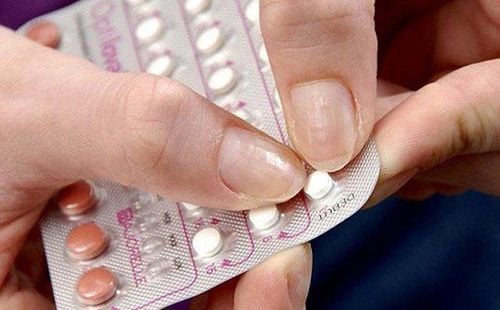
3.4 Smoking
Smoking has a direct link to erectile dysfunction. It causes plaque buildup in arteries (atherosclerosis), which restricts blood flow and affects circulation throughout the body, including the penis.
3.5 Alcohol
Decreased Testosterone Levels:
Research from the University of Wisconsin School of Medicine reveals that even consuming two glasses of alcohol can lower testosterone levels. Alcohol disrupts the brain-pituitary-testicular axis, interfering with testosterone and sperm production. Toxins in alcohol may damage Leydig cells in the testes, which are responsible for producing testosterone.
Reduced Sperm Quality:
Long-term alcohol use disrupts hormone balance, reducing sperm quality. It can also negatively affect spermatogenesis, leading to abnormal sperm shape, reduced testicular size, and infertility.
The above information addresses the question, "Can having intercourse twice consecutively lead to pregnancy?" It also provides valuable insights into the fertilization process and tips for improving sperm quality, aiding successful conception.
Please dial HOTLINE for more information or register for an appointment HERE. Download MyVinmec app to make appointments faster and to manage your bookings easily.
